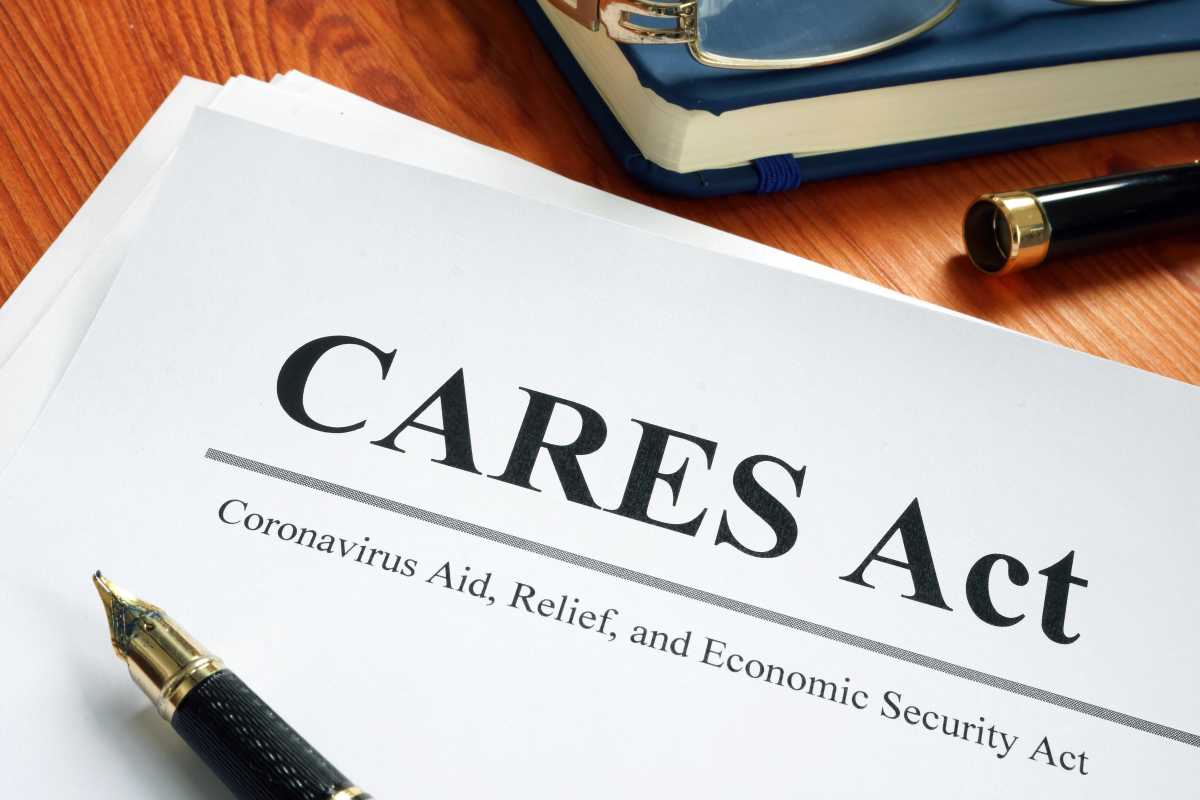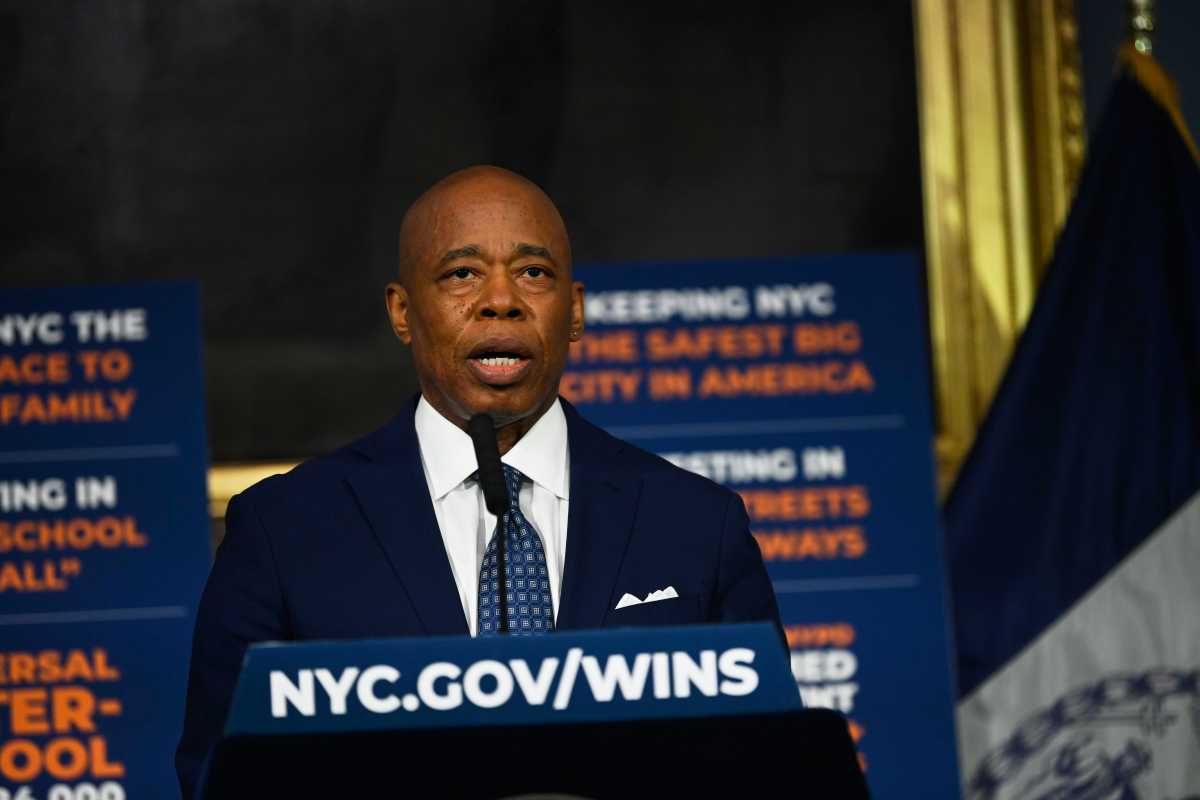Congresswoman Grace Meng led members of the New York Congressional Delegation are calling on President Donald Trump to include mental health resources in the next coronavirus relief package for frontline healthcare workers responding to the COVID-19 pandemic.
In a letter sent to the president on April 29 — signed by 15 New York House members and state Senators Charles Schumer and Kirsten Gillibrand — the lawmakers urged that the CARES 2.0 package contain significant funding to support the emotional well-being of healthcare workers serving on the frontlines, so that they in turn can remain healthy for their patients.
The CARES 2.0 package is the proposed follow-up bill to the first CARES (Coronavirus Aid, Relief, and Economic Security) Act, which was passed by Congress and signed into law last month.
“The emotional and psychological burden placed upon these workers can even outweigh the physical burden,” the lawmakers said in the letter. “Furthermore, the long-term impacts on mental health is yet to be determined. As such, securing the emotional well-being and resilience of our frontline workers will be critical to facing the coronavirus and bolstering the ranks of our healthcare workforce.”
The lawmakers are requesting that any subsequent coronavirus relief packages accomplish the following:
- Include significant funding to assess and treat the mental health of COVID-19 frontline health care workers and their immediate family members.
- In the event of the health care worker’s death, ensure the immediate surviving family members continue to receive treatment.
- Ensure the cost of such mental health treatment is fully covered, and at no expense of the individuals.
- Provide funding to hospitals to deploy mental health professionals and clinicians to provide on-site mental health care and resources.
- Expand telemedicine services to health care workers and their families.
- Establish an HHS-administered COVID-19 crisis hotline for impacted health care workers, their families and the general public.
- Include funding to the Substance Abuse and Mental Health Services Administration, the Health Resources and Services Administration, and the Department of Labor to provide grants to agencies in order to hire more workers
Meng also led an identical letter that she and the New York House members sent to House and Senate leaders, as New York remains the epicenter of the coronavirus outbreak with over 300,000 confirmed cases and over 18,000 deaths.
The congresswoman and her colleagues have heard directly from frontline healthcare workers about the “harrowing, horrific and heartbreaking anecdotes” of the conditions inside New York Hospitals, she said.
“Our brave frontline healthcare workers have been our heroes throughout this pandemic,” Meng said. “They have made enormous and selfless sacrifices, putting their safety on the line to care for patients and save lives. But the stress and anxiety from the exhaustive work they do — treating daily floods of coronavirus patients, high COVID-19 death rates, fear over lack of PPE, long hours and separation from loved ones — is taking a huge emotional toll on many of these professionals.”
According to Judy Sheridan-Gonzalez, RN, president of the New York State Nurses Association (NYSNA), they held a virtual memorial service for 25 deceased nurses that died of coronavirus. In the course of the service, they received news of the 26th death.
“Healthcare workers handling the death and dying in astronomical numbers, while fearing for their own health and safety, are suffering deep emotional scarring. This week’s tragic news of the suicide of one of our physician colleagues, is further evidence of the impact of this pandemic,” Sheridan-Gonzalez said. “Our frontline workers are the new ‘veterans’ who will suffer PTSD from their work in the war against the coronavirus and must receive preventive and supportive mental health services.”




































